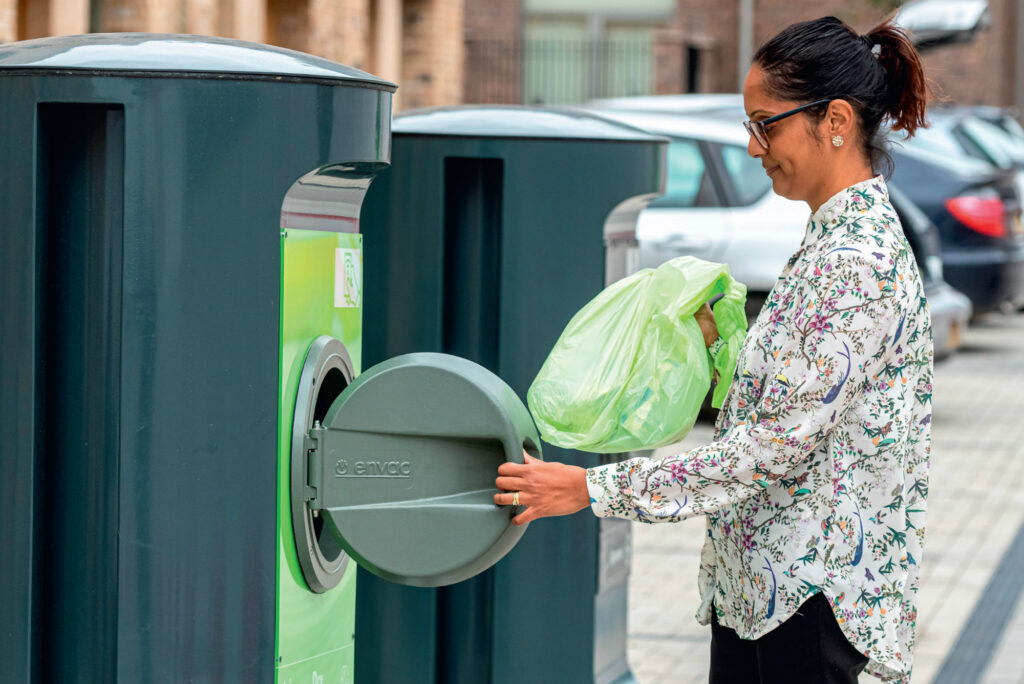The garbage generated by human activity and living is constantly being consumed and produced by society as a whole. Garbage production increases rather than decreases with the passage of time and the advancement of industry and technology. A multi-meter or maybe multi-kilometer layer would have formed on the globe if the waste hadn’t been properly disposed of. At the end of the day, only one person in a European city generates 100 – 200 kg of Garbage (solid household trash) annually.
In today’s world, why is wastewater treatment so critical?
The problem of domestic wastes is more significant in the former USSR than it is in industrialized countries, where people are used to having to sort their garbage. We don’t only sort; we toss everything into the trash can without a second thought, which contributes to pollution in the environment. Batteries, mercury-containing devices, home appliances, and building trash are all examples of this type of stuff. The city dump is the most common destination for street-container trash. Every year, the size of these landfills increases, doing nothing to enhance the environment or make better use of available land.
Do landfills have a substitute?
A typical landfill is able to release roughly 100 different pollutants into the atmosphere. As a result, this colorful sight – cubic meters of varied waste – is regularly found near suburban communities and even elite beach towns. There is a big population of rats and other animals that can become carriers of numerous diseases at landfills because of the decomposition of garbage. Household garbage can now go in three different directions besides being dumped in a landfill:
- Landfills for waste disposal
- Recycling and reusing waste
- Thermal efficiency
- Recycling

Several significant Russian cities have incinerators. However, it is apparent that their numbers and capacity are insufficient. Among the merits of heat treatment are high mechanization of the operation, a large reduction in the amount of MSW that is treated, and a long lifetime of the equipment. New trash incineration technology, which generates heat and energy, is prioritized in developed countries. A “great bonus” to removing long-term trash, this method of obtaining such energy isn’t the primary method. Recyclable waste is a business that was born out of nothing.
Recycling waste is the best option. Since this is a reduction in garbage that decays with special environmental impact (for example, plastics), but also the opportunity to develop new business units on a simple basis, it is worth noting. You’ll need specialized equipment if you want to process waste on a huge scale. Rubbish sorting complexes, to begin with, can handle between 40 and 400 thousand tones of waste every year with their support.
Those who want to go into the garbage business can take advantage of low competition and large profits. Raw materials can be extracted from landfills and sites where people deposit rubbish. Such recyclables have a minimal cost. Because of this, the price of products created from it (glass containers or packaging) is doubled. A garbage processing business can make a 20% profit in its first year of operation. Since there will be no shortage of raw resources for such a firm as far as humanity survives, its future is bright.
